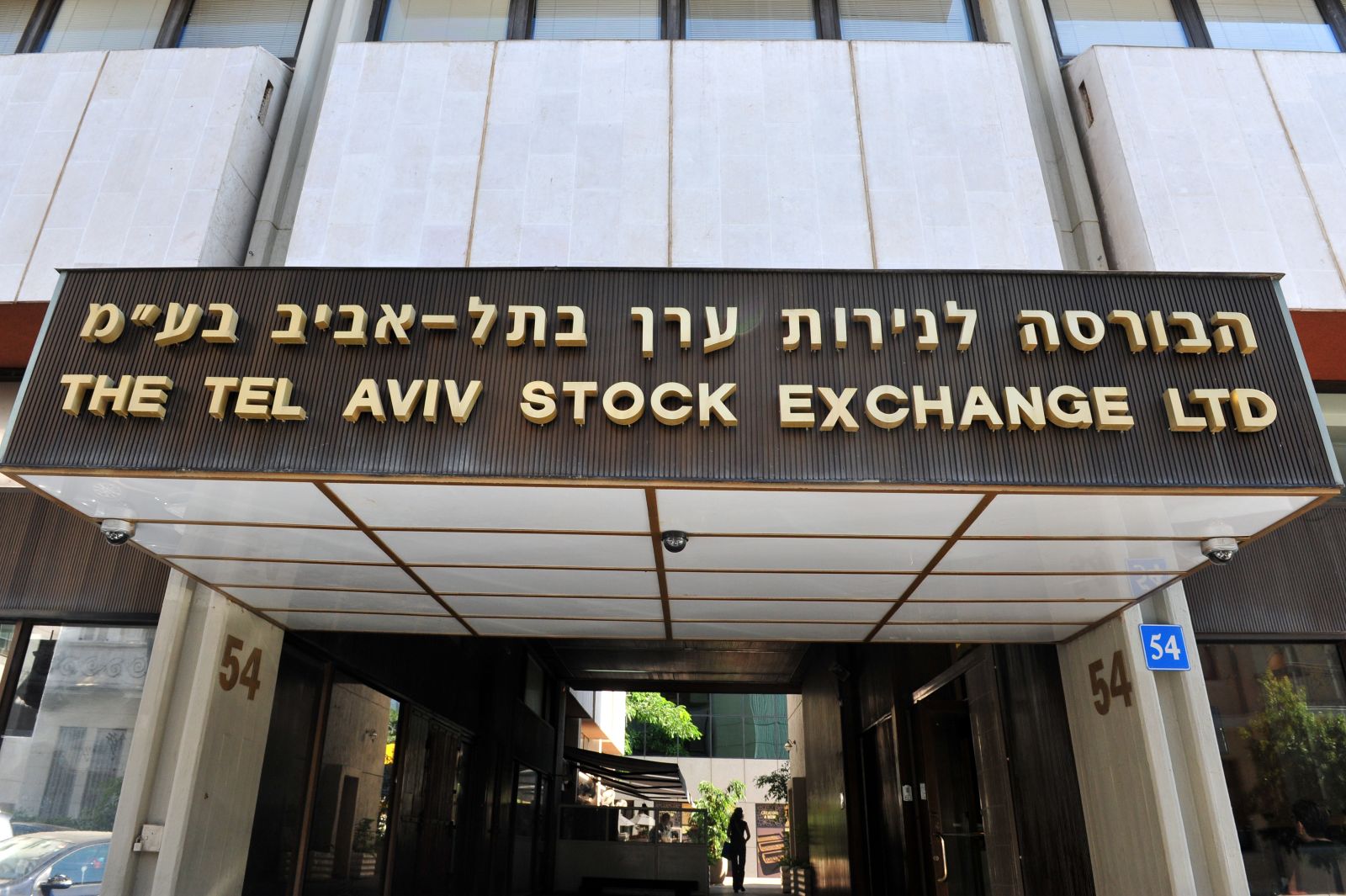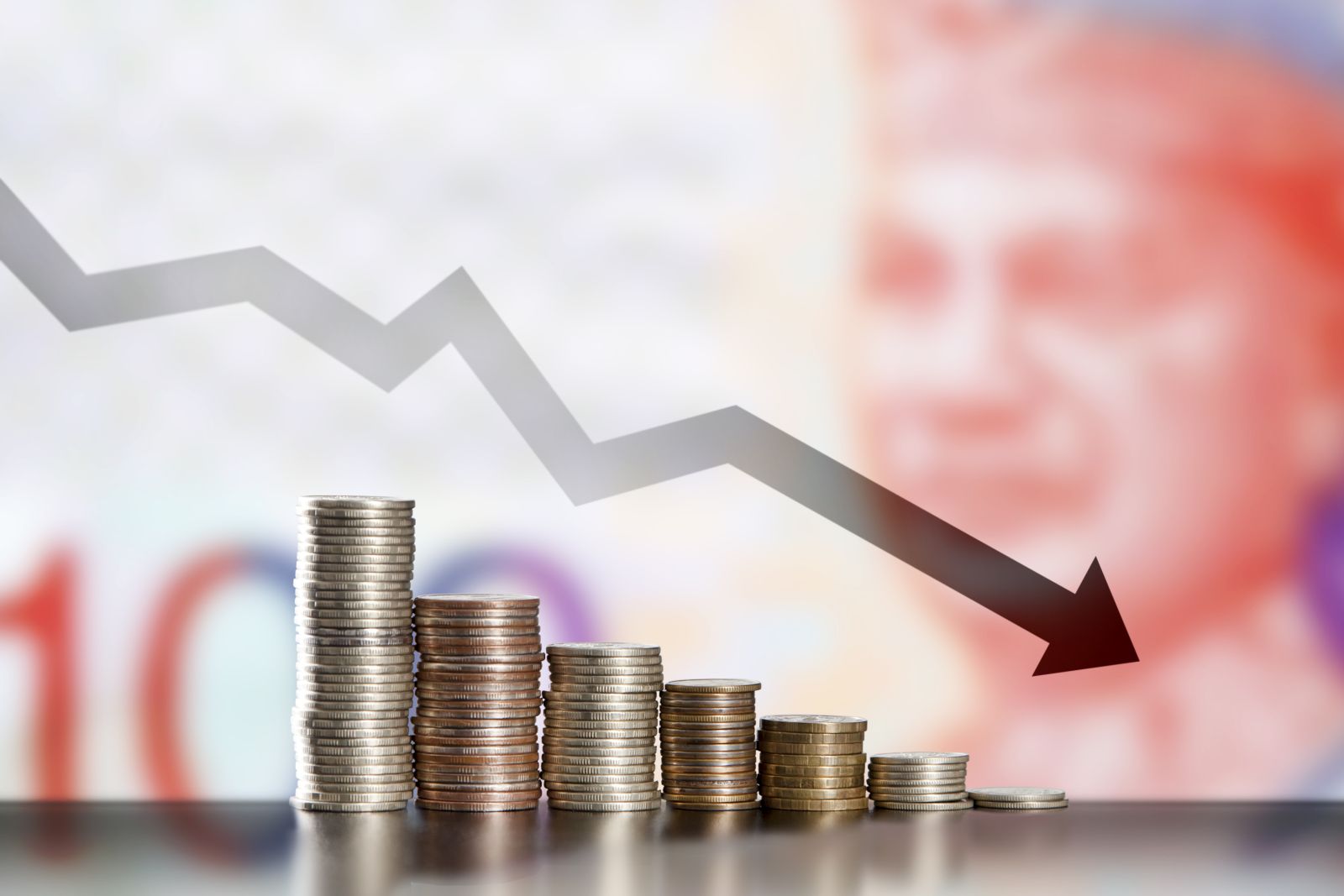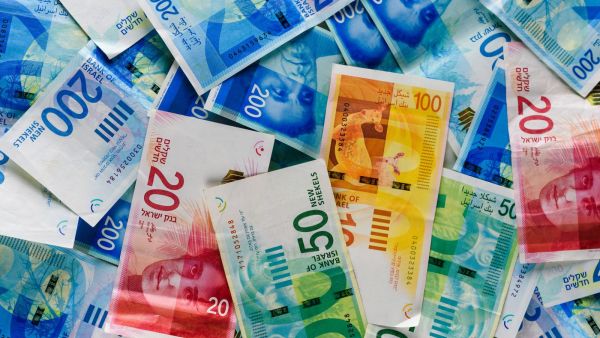ALBAWABA – The Israeli economy may face rating downgrades, dips in foreign investment and weakening tech sectors, as turmoil and tensions continue over contentious judicial reforms, according to a Reuters report published Sunday.
The shekel has fallen 2 percent against the dollar, having dipped almost 9 percent since the judicial reforms plan was announced back in January, according to Reuters.
Israeli Knesset passed the first batch of laws last week, which has spared widespread protests, with medical and tech professionals taking to the streets, disrupting critical sectors.

The first batch of reforms is aimed at neutering the powers of the Israeli supreme court in favour of Israeli Premier Benjamin Netanyahu's executive branch, Reuters reported.
Uncertainty is the main issue for external investors eyeing investments in various Israeli sectors, Hamish Kinnear, senior Middle East and North Africa analyst at Verisk Maplecroft told Reuters.
"There is no clear endpoint. While that remains the case, this is going to be a question mark hanging over Israel's economy," he said.
Turmoil threatens Israeli economy
Israeli stocks were also affected by the uncertainty and the ongoing unrest. The Israeli MSCI index lagging behind the main global stock indices, such as the MSCI All Country World, by around 14 percent, Reuters reported.

However, up until the end of June, foreign investment into Israeli equities had remained strong, according to data from Copley Fund Research.
The percentage of global funds with exposure to the country stood at 35.5 percent, the highest since 2017, according to Reuters.
The number of funds with investments or shares in Israeli equity increased by 3.44 percent.
Maplecroft's Kinnear said comparatively low inflation versus similar countries had buoyed investment, but more civil unrest could derail incoming cash.
Gross domestic product is expected to expand around 2.5 percent this year and 3 percent next year, but it could just fall to 1.0 percent and 1.6 percent, respectively, if domestic tensions are unresolved, Morgan Stanley has warned.
The Israeli economy "is still a fundamentally very attractive investment story. The problem is this government – the longer they pursue this judicial reform, it's going to undermine that story," Roger Mark, a fixed-income analyst at fund manager Ninety One, told Reuters.
Israeli economy took a hit in 2023
Mark said that many investors, as well as the key ratings agencies, had expected the government to water down the reform to a greater extent.
Now that this looks unlikely, investors could begin to avoid the country.
"From a bond perspective, I think most bond and FX investors will be waiting on the sidelines, potentially looking to fade any extremes that we might see in the next few weeks," he said.

The Supreme Court will hear an appeal against the judicial reform law in September, which could bring the court into direct conflict with the government.
"In the short term, there's this risk of an immediate constitutional crisis," Kinnear said.
More so, according to a recent survey from the Israeli Innovation Authority, the uncertain business environment prompted up to 80 percent of new Israeli start-ups to register overseas through March this year, up from 20 percent in 2022.
Meanwhile, tech firm fundraising has already slumped 65 percent in the second quarter, Reuters reported.
The reform backlash "threatens to push the economy onto a permanently lower growth path," Nicholas Farr, emerging Europe economist with Capital Economics wrote in a note.









